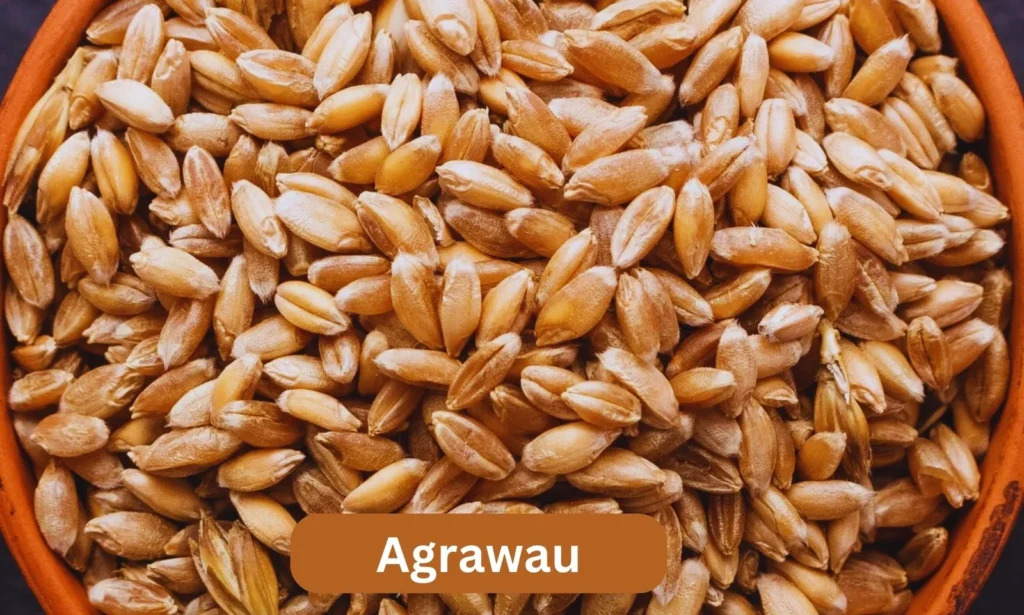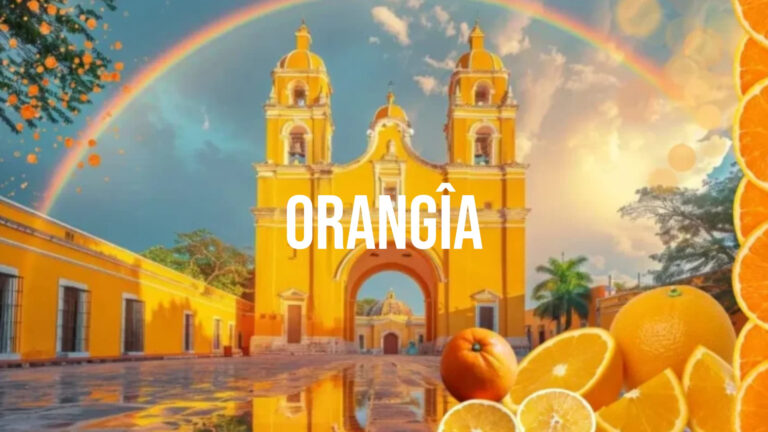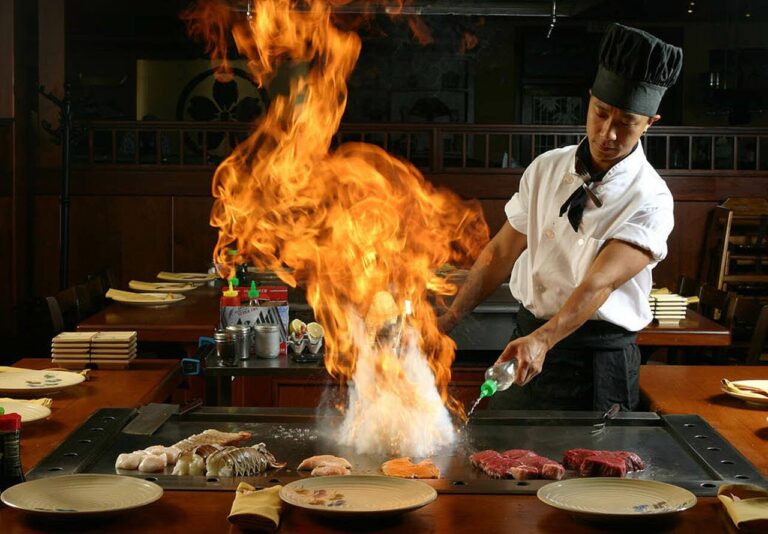Agrawau is a fascinating term that holds special meaning in various communities. It’s like a treasure chest filled with traditions, customs, and stories passed down through many generations. Each community has its own interpretation of Agrawau, making it a unique and significant part of their culture. This article will explore what Agrawau means in different regions, how it shapes local practices, and why it is important for people to understand and celebrate these traditions.
When we talk about Agrawau, we might think of things like farming techniques, festivals, or even community gatherings. These activities bring people together and help them connect with their roots. The beauty of Agrawau is that it can mean different things to different people, yet it always carries a sense of belonging and identity. Let’s dive into the rich meanings behind Agrawau and learn how it plays a crucial role in the lives of many.
What is Agrawau?
Agrawau is a term that reflects the cultural heritage of various communities. It is not just a single definition but encompasses many meanings based on local traditions. In some areas, Agrawau refers to a specific agricultural practice that has been used for many years. This practice might involve unique ways of planting, watering, or harvesting crops that have been passed down through generations.
For example, in a community where farming is vital, Agrawau could describe a special method of growing rice or vegetables. Farmers in that region might gather together to share their knowledge and teach younger generations the best ways to care for their plants. This sharing of knowledge helps keep the tradition alive and ensures that the community can continue to thrive through agriculture.
In other places, Agrawau might signify a seasonal festival celebrated by the people. These festivals often include dancing, singing, and sharing delicious food. They are times when families come together to honor their customs and enjoy each other’s company. For instance, a community may have a harvest festival where they thank the earth for providing food. This event allows people to express gratitude and celebrate their culture, making Agrawau a vital part of their identity.
The Cultural Significance of Agrawau
Agrawau is much more than just a word; it represents the heart of a community. The significance of Agrawau lies in how it connects people to their history and to one another. It embodies the values, beliefs, and practices that shape the way people live and interact.
You can also visit our other articles: https://infowikies.com/food/energy-efficient-restaurant-equipment-to-save-costs-in-2024/
In many cultures, Agrawau symbolizes unity. When people gather to celebrate or practice Agrawau, they strengthen their bonds. Whether it’s through agricultural practices or community events, these shared experiences help create a sense of belonging. This is especially important for children, as they learn about their heritage and the traditions that have been established by their ancestors.
Moreover, Agrawau plays a role in preserving cultural identities. In a world that is constantly changing, holding on to traditions like Agrawau can provide stability and continuity. It reminds people of their roots and encourages them to pass down these practices to future generations. By doing so, they ensure that their culture remains vibrant and alive.
Understanding the cultural significance of Agrawau also helps promote respect and appreciation for diversity. As people learn about different interpretations of Agrawau, they gain insight into the unique ways communities celebrate their identities. This knowledge fosters a sense of empathy and understanding, allowing individuals to connect across cultures.
Agrawau in Agriculture
One of the most common interpretations of Agrawau is its connection to agriculture. In many regions, Agrawau represents traditional farming practices that have been perfected over the years. These techniques are not just about growing crops; they encompass a deep understanding of the land, weather patterns, and the needs of different plants.
For example, in some communities, Agrawau may involve specific methods of crop rotation. Farmers might alternate different types of plants to keep the soil healthy and productive. This practice shows how knowledge of Agrawau can lead to sustainable farming, ensuring that future generations can continue to grow food.
Additionally, Agrawau can include rituals or ceremonies associated with planting and harvesting. These rituals often involve prayers or offerings to the land, showing respect for nature. Farmers might gather as a community to celebrate the planting season, asking for good weather and a bountiful harvest. These moments are crucial, as they reinforce the connection between people and their environment.
In essence, Agrawau in agriculture is about more than just food production. It symbolizes respect for nature, community collaboration, and the importance of tradition in sustaining life. Understanding this aspect of Agrawau helps us appreciate the hard work and dedication of farmers who keep these practices alive.
Agrawau as a Celebration
Another vibrant aspect of Agrawau is its role in community celebrations. Festivals and events tied to Agrawau are filled with joy, laughter, and togetherness. These occasions are vital for fostering a sense of community and allowing people to express their cultural identities.
During these celebrations, families come together to share food, dance, and participate in various activities. For example, a harvest festival might feature games, music, and traditional dances that reflect the culture of the community. Everyone, from children to grandparents, takes part, making it a truly special experience.
These festivals also serve an educational purpose. Children learn about their culture, history, and the importance of community through storytelling and participation. Parents and elders share tales of past celebrations, helping the younger generation understand their heritage. This passing down of knowledge ensures that the traditions surrounding Agrawau continue to thrive.
In addition to strengthening community bonds, Agrawau celebrations also promote local pride. When people come together to celebrate their culture, they feel a sense of belonging and identity. This pride is essential for maintaining the richness of their traditions and encourages individuals to continue participating in future Agrawau events.
Agrawau in Religion and Spirituality
In many cultures, Agrawau also has religious or spiritual significance. It may be associated with ceremonies or rituals that connect people with their beliefs and values. These practices can vary widely from one community to another, showcasing the rich tapestry of interpretations surrounding Agrawau.
For example, in some cultures, Agrawau might involve rituals to honor the spirits of ancestors or nature. People may gather to offer prayers or perform specific ceremonies during important times of the year, such as solstices or equinoxes. These events help individuals feel connected to something larger than themselves, fostering a sense of belonging within their community.
Additionally, Agrawau can play a role in teaching moral values. Through storytelling and rituals, individuals learn about principles like respect, gratitude, and cooperation. These lessons are crucial for guiding behavior and shaping character, especially in children who are absorbing these teachings for the first time.
The spiritual aspect of Agrawau also allows people to find comfort in their beliefs during challenging times. When faced with difficulties, individuals may turn to their community and its traditions for support and guidance. This connection to Agrawau serves as a reminder that they are not alone and that their culture provides a foundation of strength.
Preserving the Legacy of Agrawau
As society evolves, it is essential to preserve the legacy of Agrawau. This involves recognizing the importance of traditions and actively working to keep them alive. Communities can take various steps to ensure that Agrawau continues to hold significance for future generations.
One way to preserve Agrawau is through education. Schools and community organizations can incorporate lessons about local customs and traditions into their curricula. By teaching children about Agrawau, they can develop a deeper appreciation for their heritage and understand its relevance in today’s world.
Another method of preservation is through documentation. Communities can record their practices, stories, and events related to Agrawau through videos, photographs, and written accounts. This documentation helps capture the essence of Agrawau, ensuring that future generations can learn from it, even if they are not able to experience it firsthand.
Moreover, promoting participation in Agrawau-related activities can strengthen its presence in the community. Encouraging families to attend festivals, workshops, or agricultural events fosters a sense of connection and pride. When people actively engage with Agrawau, they help keep the traditions alive and thriving.
Lastly, collaboration between different communities can enhance the understanding of Agrawau. Sharing experiences, knowledge, and practices can create a richer tapestry of traditions. This exchange allows people to appreciate the diversity of Agrawau while reinforcing its universal importance as a cultural practice.
Conclusion
In summary, Agrawau is a term rich with cultural significance that varies across regions and communities. It encompasses agricultural practices, seasonal festivals, and religious ceremonies, all of which contribute to a sense of identity and belonging. Understanding Agrawau helps individuals appreciate the beauty of diverse traditions and the importance of preserving these practices for future generations.
The legacy of Agrawau lies in its ability to connect people to their roots, promote community unity, and teach valuable life lessons. As we explore the meanings of Agrawau, we recognize its role in shaping the lives of individuals and communities alike. By celebrating and preserving Agrawau, we not only honor our past but also pave the way for a vibrant cultural future.












